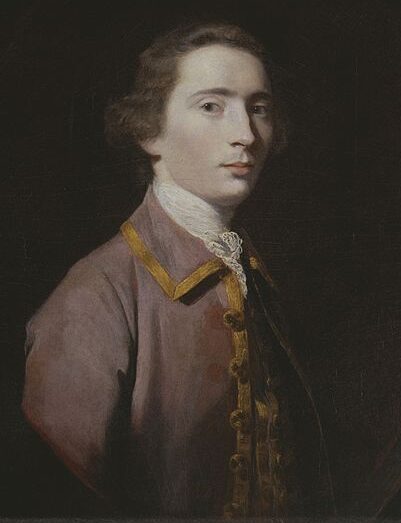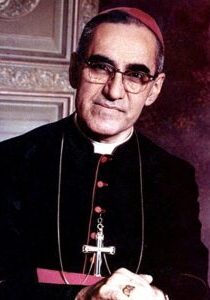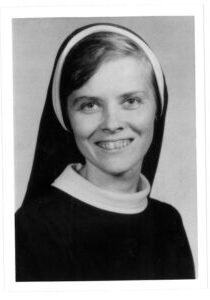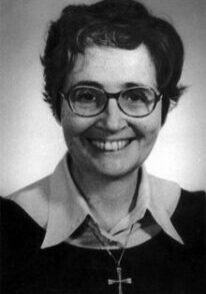Charles Carroll
September 19, 1737 - November 14, 1832
Farmer and Politician
Farmer and Politician
From Annapolis, Maryland, British America
Served in Baltimore, Maryland
Affiliation: Catholic
"Without morals a republic cannot subsist any length of time; they therefore who are decrying the Christian religion, whose morality is so sublime and pure (and) which insures to the good eternal happiness, are undermining the solid foundation of morals, the best security for the duration of free governments."
Greatness is not happenstance, a mere collision of incidents. Education, effort, and resources are key components. Hardship is also a frequent antagonist of those who attain levels of prestige and clout.
Charles Carroll of Carrollton was a man who descended from a lineage of royalty and preeminence. His ancestors trace their roots to a group of Irish revolutionaries, the O’Carrolls, who came from the early Irish kings, the O’Cearbhaill chiefs of Eile. His Catholic grandfather, Charles the Settler, came to Maryland in 1688 to serve as the state’s Attorney General after he was appointed to the post by Lord Baltimore. A year later, British-America’s anti-Catholic sentiments came to Maryland, a colony that had been established as a haven for Catholics. Due to William III (a Protestant) taking the throne, Catholic Marylanders were denied the right to hold office, vote, own arms, and serve as jurors.
This was the beginning of the end for the “Catholic Haven.” Because Catholicism was believed to be a perverted form of Christianity, the other colonies denied Catholics many basic rights. This had not been the case in Maryland. A key document approved shortly after the colony’s founding, The Maryland Toleration Act, had provided religious freedom and civil participation for Protestants and Catholics alike. It was revoked permanently in 1692 after the Glorious Revolution in England which saw the appointment of Protestant rule in Maryland. In 1704, Maryland Catholics were forced to conduct mass only in their homes. This group was also barred from practicing law or teaching their children about the Catholic faith.
This was the political landscape Charles Carroll was born into. The home, however, he was born into would prepare him for greatness despite these obstacles. Charles Carroll of Annapolis saw to it that his son was educated according to the Catholic faith, raised to possess virtue, and equipped to contribute to the flourishing of his community. Due to the anti-Catholic sentiments of the colony, Young Charles’ education took place in secret. In Maryland, Catholic children were taught in the home or in clandestine schools such as the one Charles attended, Bohemia Manor, which Jesuit priests operated. After this, at age 12, he was enrolled at St. Omers School in France. It was here he, his peers from Maryland, and other young Catholics were taught about just law based on the writings of Thomas Aquinas, Augustine, and others. This legal philosophy fortified their minds against the totalitarianism that characterized English rule.
After completing his education in France, Charles Carroll went to England to read the law at Inner Temple, an elite law school. He was, however, quite hampered in his learning because Catholics were prevented from addressing the court. He had to attend private tutorings and occasional lectures at Westminster. He also learned by observing the English legal and political systems. He gained insight into the thinking behind Parliament’s heavy-handed management of the colonies. In light of the excesses of and corruption in Parliament (which also greatly fueled the anti-Catholic regulations of Maryland), he came to have a great distaste for it as well as the crown.
In 1763, he wrote the colonies “will, and must be independent.”
Mr. Carroll returned to Maryland in late 1764. He set his sights on establishing his personal wealth. Because he was Catholic, he could not become an attorney and be involved directly in politics, but he used the power of his pen to advocate for reform. Through a pseudonym, he argued in the Maryland Gazette against Britain’s taxes on the colonies in 1773. He advocated for religious freedom and the revocation of the anti-Catholic laws. Broadly speaking, he put forth the state has no business meddling in the affairs of the church nor directing religious adherents how they can express their faith in public.
From a diplomatic standpoint, Charles Carroll’s Catholicism did have some utility for the colonies. Because he and his cousin were Catholic and familiar with French culture, Mr. Carroll and John Carroll accompanied Benjamin Franklin and Samuel Chase on a diplomatic visit to Canada in February 1776. Their goal was to persuade the Canadian colonies to join the revolutionary cause of the American colonies against Great Britain. Their efforts failed for a variety of reasons. Some Canadian areas were dependent on Britain for their livelihoods. For instance, Halifax was a port city reliant on British commerce. Other areas relied on Britain for protection from Indian raids. Finally, there was animus between the French Canadian colonies and the American colonies because of the recent French and Indian War. In this war, England and France fought over territory from northern Canada thru the Ohio valley and down to New Orleans.
Four months later, Mr. Carroll began representing his colony in Philadelphia. On the date of the nation’s “birth,” July 4, 1776, when the Declaration of Independence was approved, Mr. Carroll was selected by his fellow Marylanders. He joined the delegates in Philadelphia on August 2 and signed the momentous document. He represented his state until 1778. During his time in Congress, he served on the Board of War from 1776-77. He served his state in the U.S. Senate from 1789 to 1792. While a senator, he was a member of a joint House-Senate committee which edited and approved the Bill of Rights for the United States Constitution. Mr. Carroll later served in the Maryland Senate from 1777-1800. As Senate president, he presided over the ratification of the Maryland constitution that included the guarantee of religious freedom. This provision was of great importance to him in light of the prior persecutions and denial of rights he and all Maryland Catholics had endured.
Due to his vast wealth, John Adams claimed Charles Carroll was the wealthiest man in the colonies. This perception remained after the war. During his business career, he managed 80,000 acres in Maryland. The Carrollton property was filled with orchards, livestock, a cedar mill, and a small clothes-making factory. His investments included the Patowmack Company which built the canal system in the Potomac Valley (Maryland, and northern Virginia) and the Shenandoah Valley (western Virginia and the eastern panhandle of West Virginia). He was also on the first board of the Baltimore and Ohio Railroad company.
On the 50th anniversary of the signing of the Declaration of Independence, Charles Carroll reflected upon Providence and the stewardship of the United States:
“Grateful to Almighty God for the blessing which, through Jesus Christ our Lord, he has conferred upon my beloved country, in her emancipation, and upon myself, in permitting me, under circumstances of mercy, to live to the age of 89 years and to survive the fiftieth year of American Independence, and certifying by my present signature my approbation of the Declaration of Independence adopted by Congress on the fourth day of July, in the year of our Lord, one thousand seven hundred and seventy-six, which I originally subscribed on the second day of August of the same year, and of which I am now the last surviving signer, I do hereby recommend to the present and future generations the principles of that important document as the best earthly inheritance their ancestors could bequeath to them, and pray that the civil and religious liberties they have secured to my country may be perpetuated to the remotest posterity and extended to the whole family of man.”
In 1832, as Mr. Carroll approached the end, his riches and accomplishments mattered little to him. He considered them mundane. “I have lived to my ninety-sixth year; I have enjoyed continued health, I have been blessed with great wealth, prosperity, and most of the good things which the world can bestow— public approbation, esteem, applause; but what I now look back on with the greatest satisfaction to myself is, that I have practiced the duties of my religion,” he wrote. A short time later, he died on November 14.
Charles Carroll of Carrollton lived to be 95 years of age.




